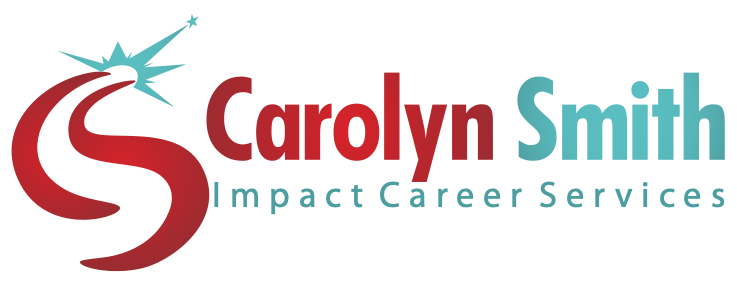A thank-you letter or note after the interview could be the final key that secures you the job.
Most Human Resource Managers, will tell you that only about 25% of candidates send thank-you notes. Yet a well-written thank-you letter, or note, outlining key skills, always generates more interest. Plus, if the Human Resource Manager, happen to have a couple of candidates they are interested in, then the candidate that sends the thank-you note, could be the one that tips the balance in their favour.
Thank-you notes or letters are important, as you can successfully influence employers after you have left the interview by reminding them of your key assets and skills, plus, you can also demonstrate your interest and enthusiasm for the position.
So, ALWAYS send a thank-you note or letter after the job interview.
Tips for writing a thank-you note or letter
Keep them brief and concise.
Thank-you notes can be composed in four forms, the business letter, handwritten note on stationery, a greeting card or email. When in doubt, the business letter format is the best option.
Ensure you address the thank-you note to the right person and make sure you spell their name correctly and use the right title.
If you have good handwriting then you can add the personal touch, by handwriting the thank-you note. If you have an illegible scrawl, then make sure you type the thank-you note. Snail mail and handwriting is old fashioned, but you will stand out.
A poor thank-you letter can give a negative impression, so like a cover letter, keep it professional and make sure it is well written.
Proofread and edit, before sending.
Write the thank-you note straight away and email within 24 hours, or better still post on the same day of the interview. If a decision is going to be made in the immediate future, emailing is probably the best option.
Avoid anything cutesy, or artsy, when sending a thank-you note, contained in a card or when writing on stationery.
Don’t go overboard with the language when letting the employer know about your enthusiasm for working for them. Keep it professional, rather than using flowery language, such as “your organisation is such as great place and I’m dying to work for you”.
Instead of just saying thank-you, write down two or three of your specific skills and assets that would benefit the employer and briefly highlight these within the thank-you note.

Leave a Reply